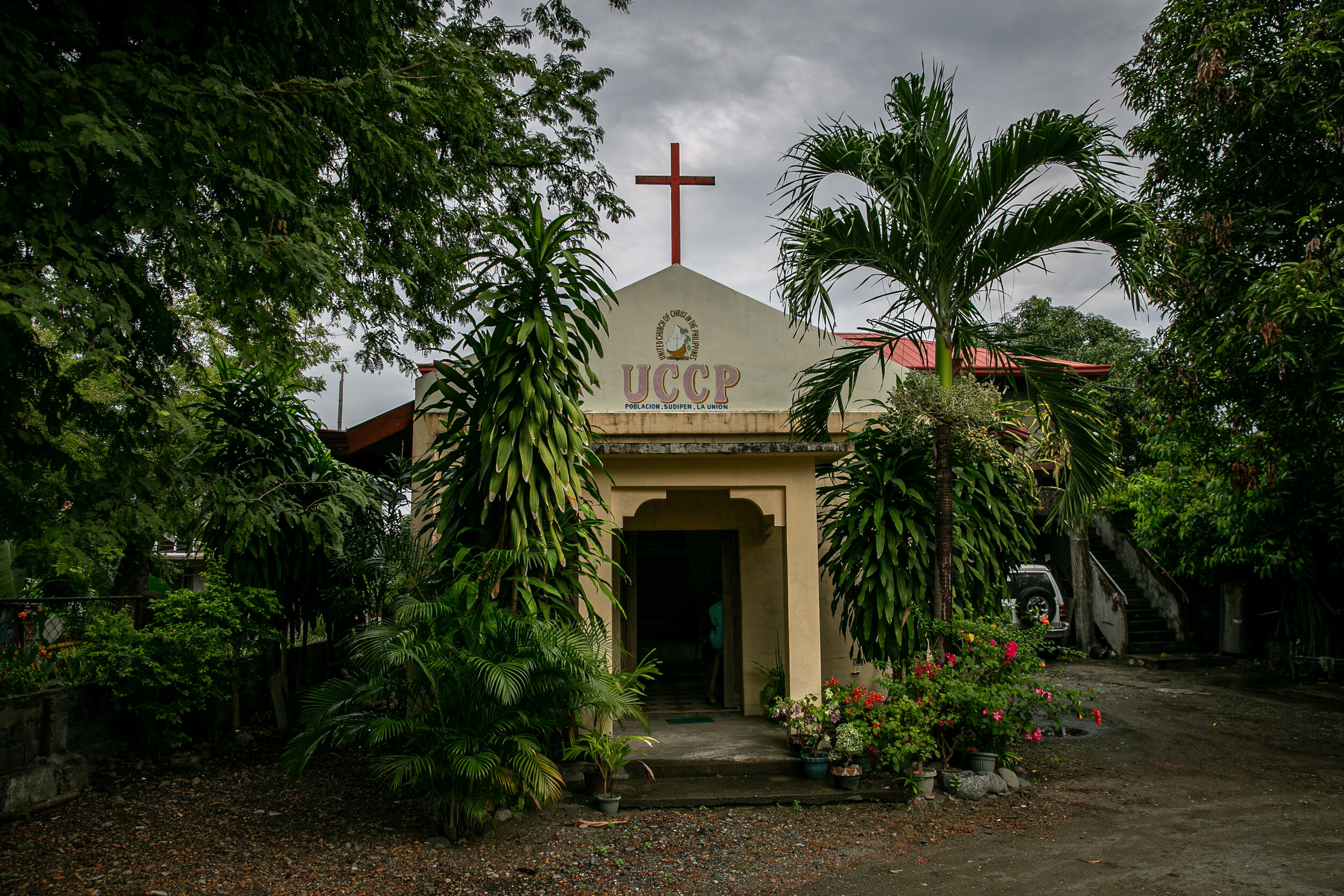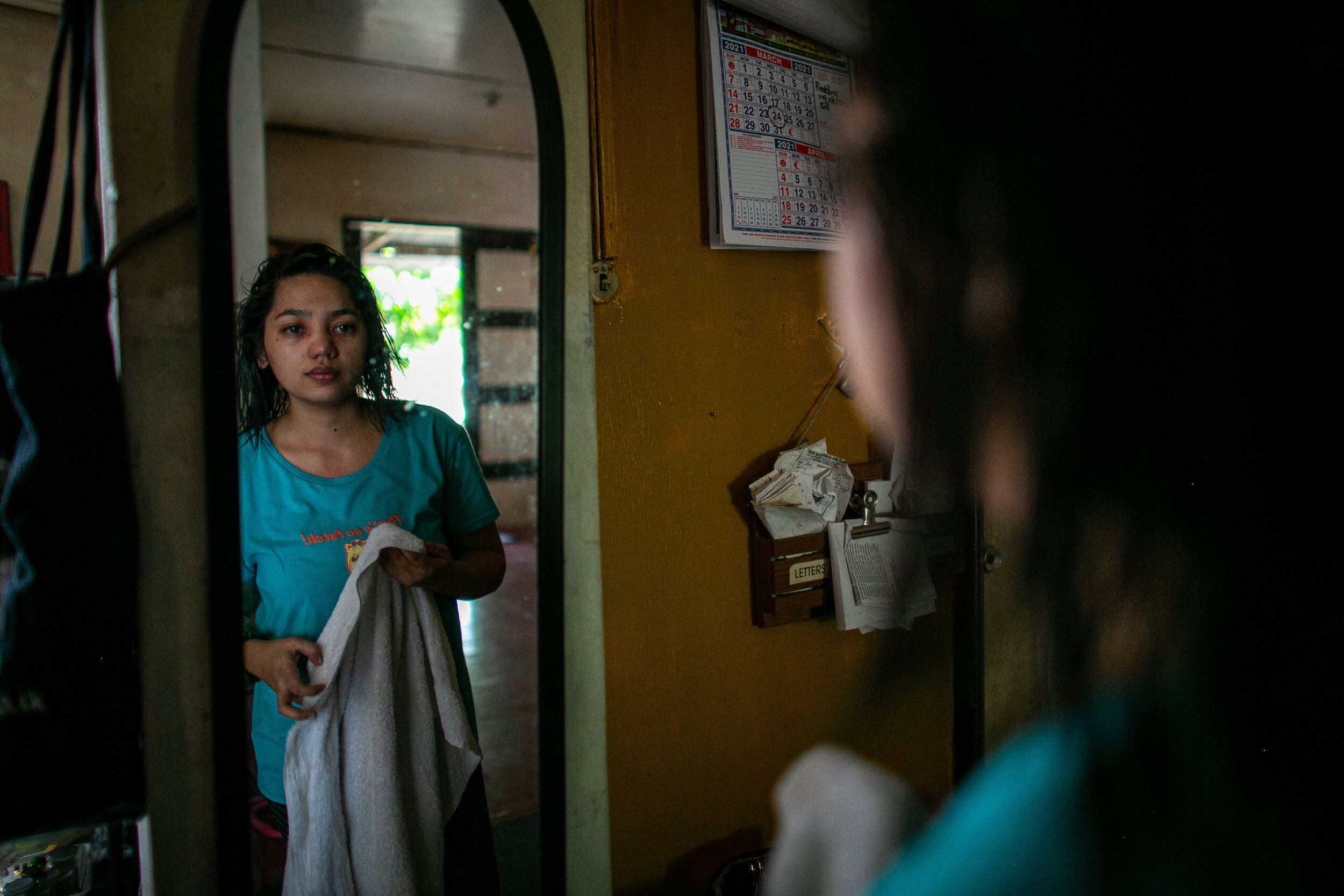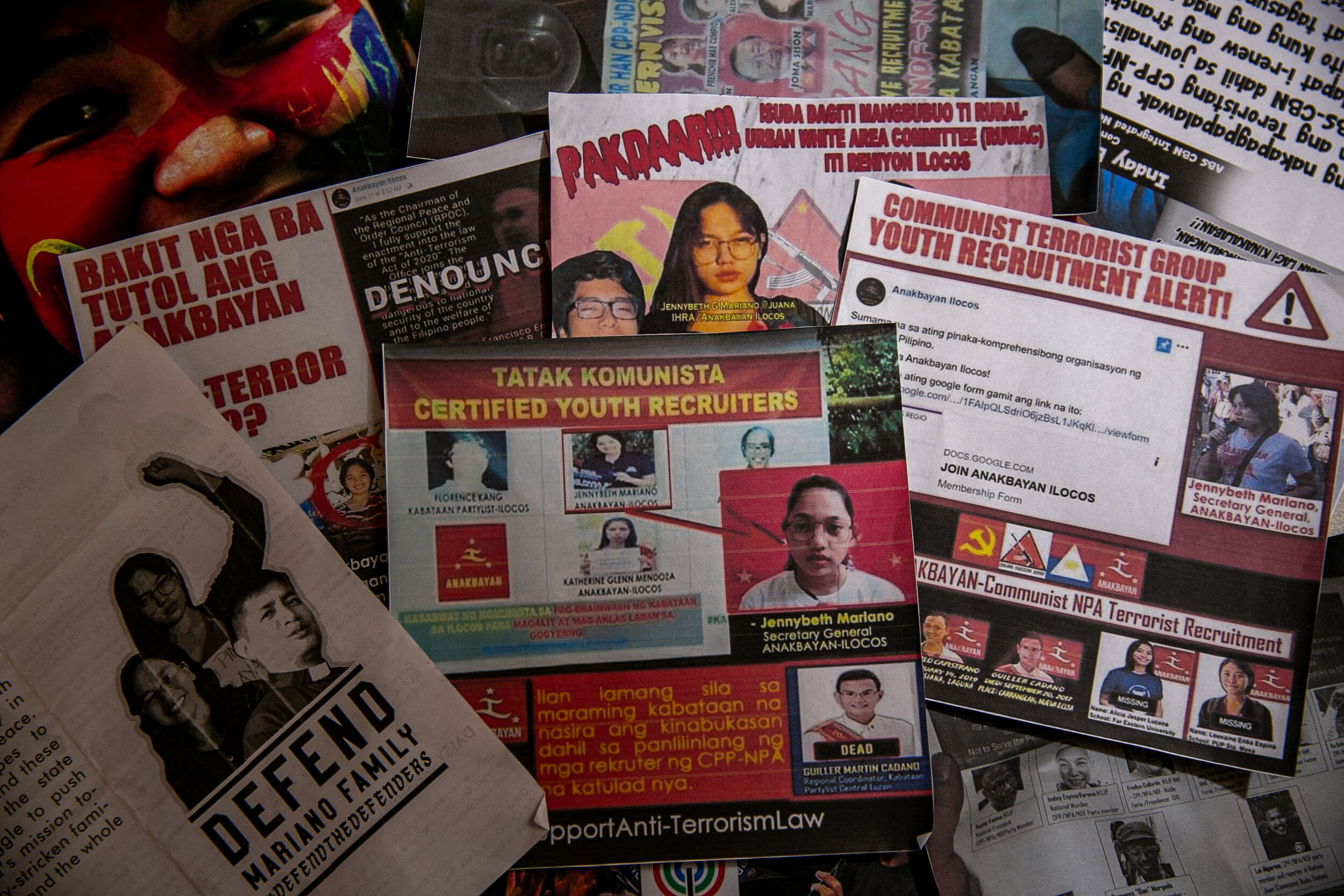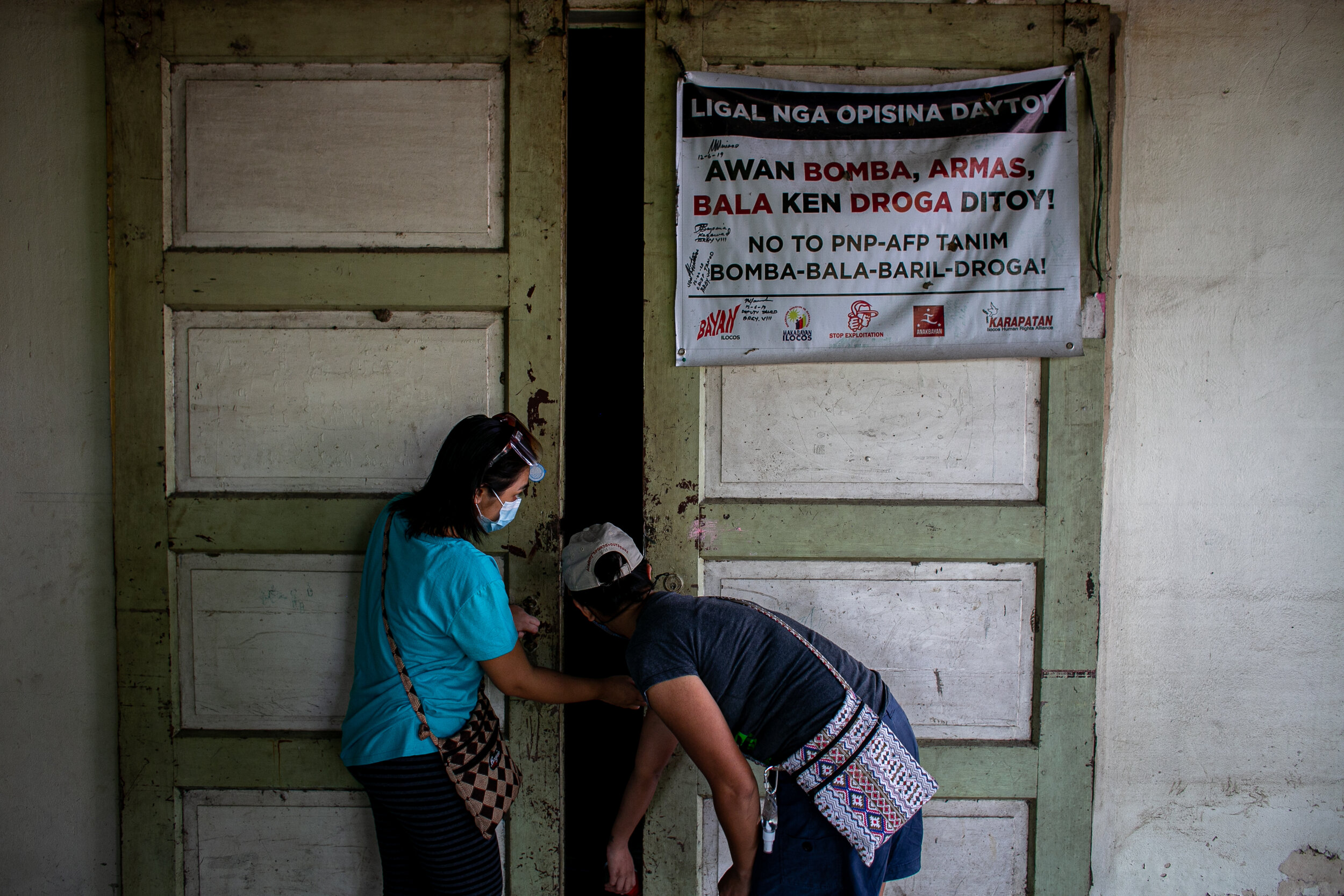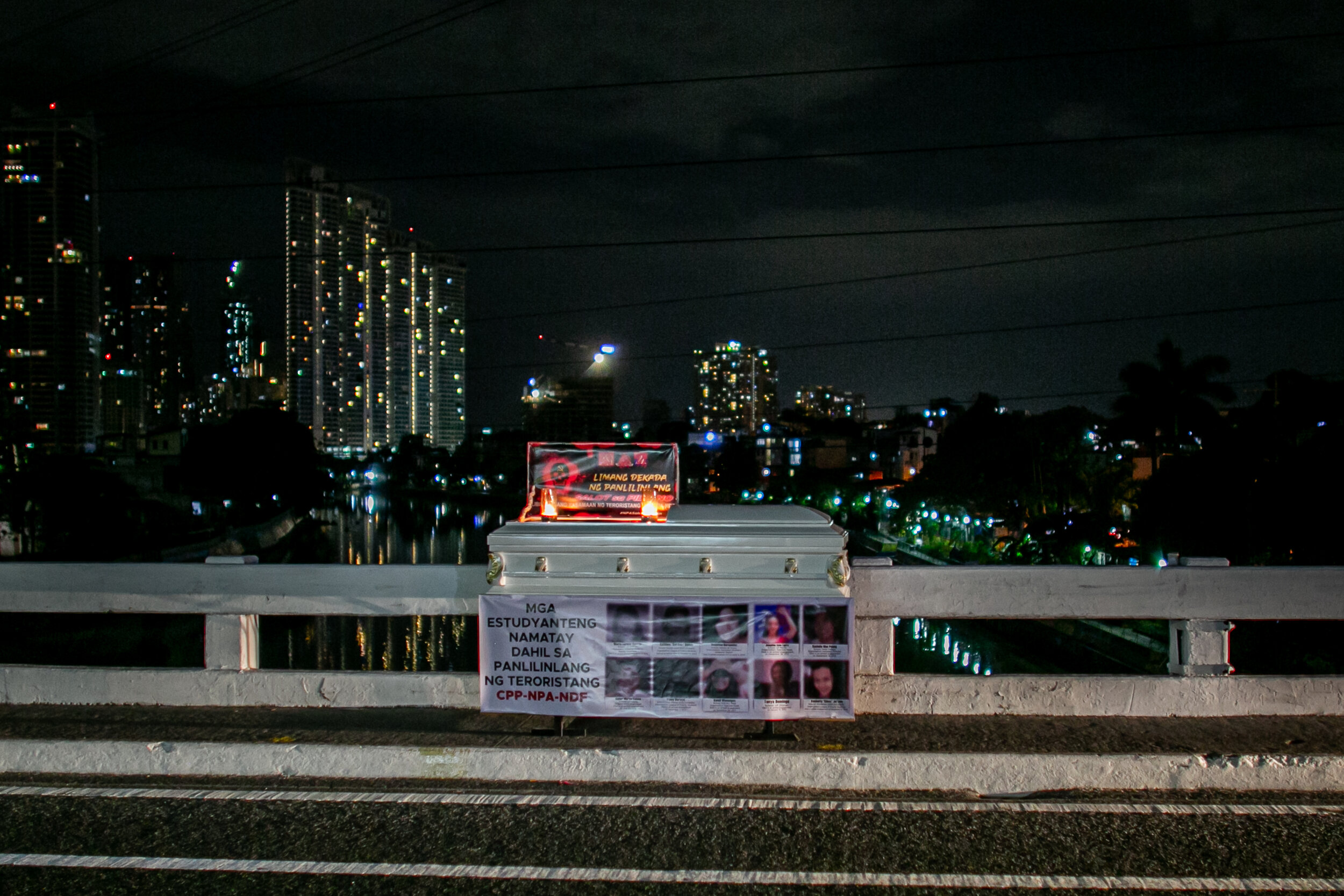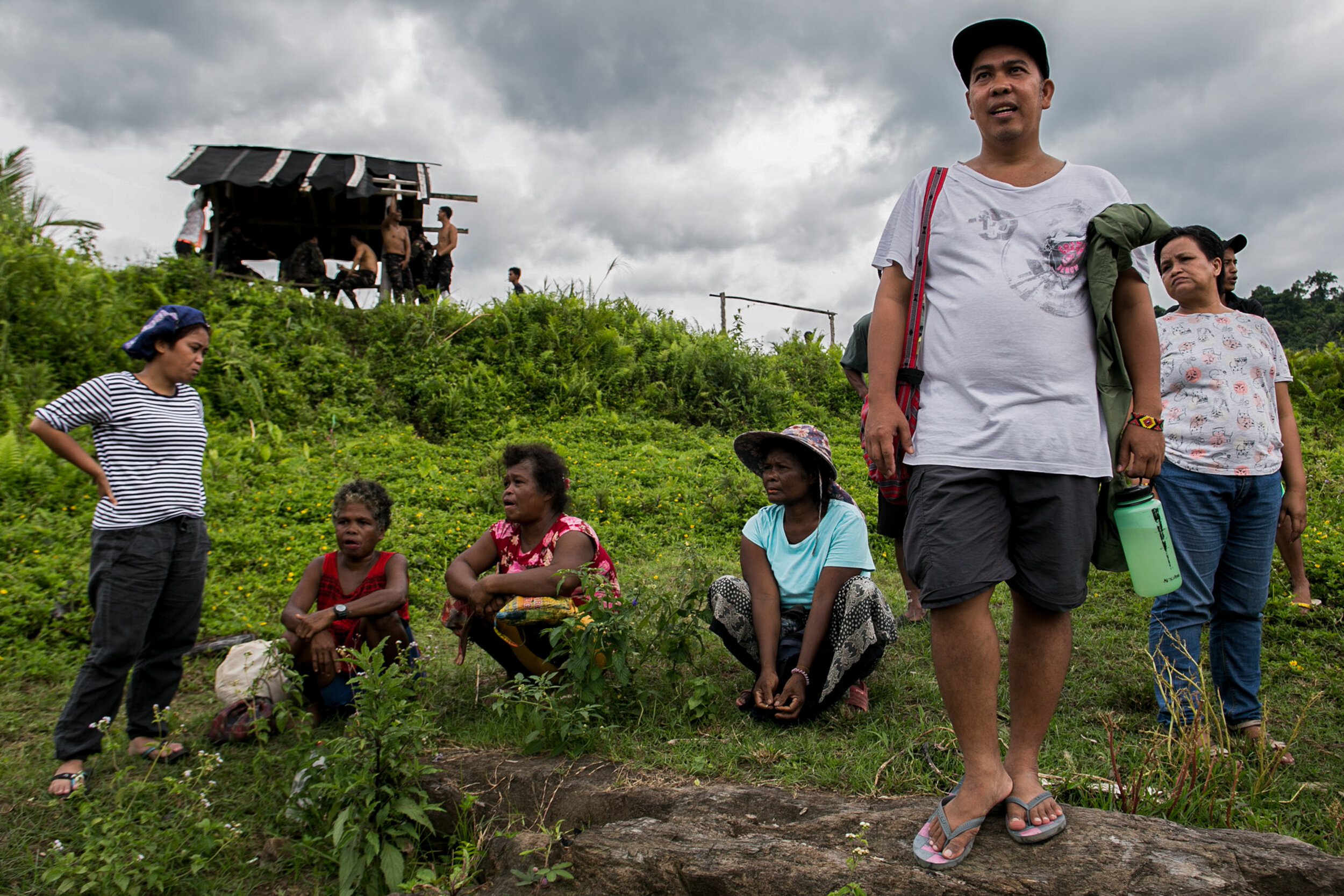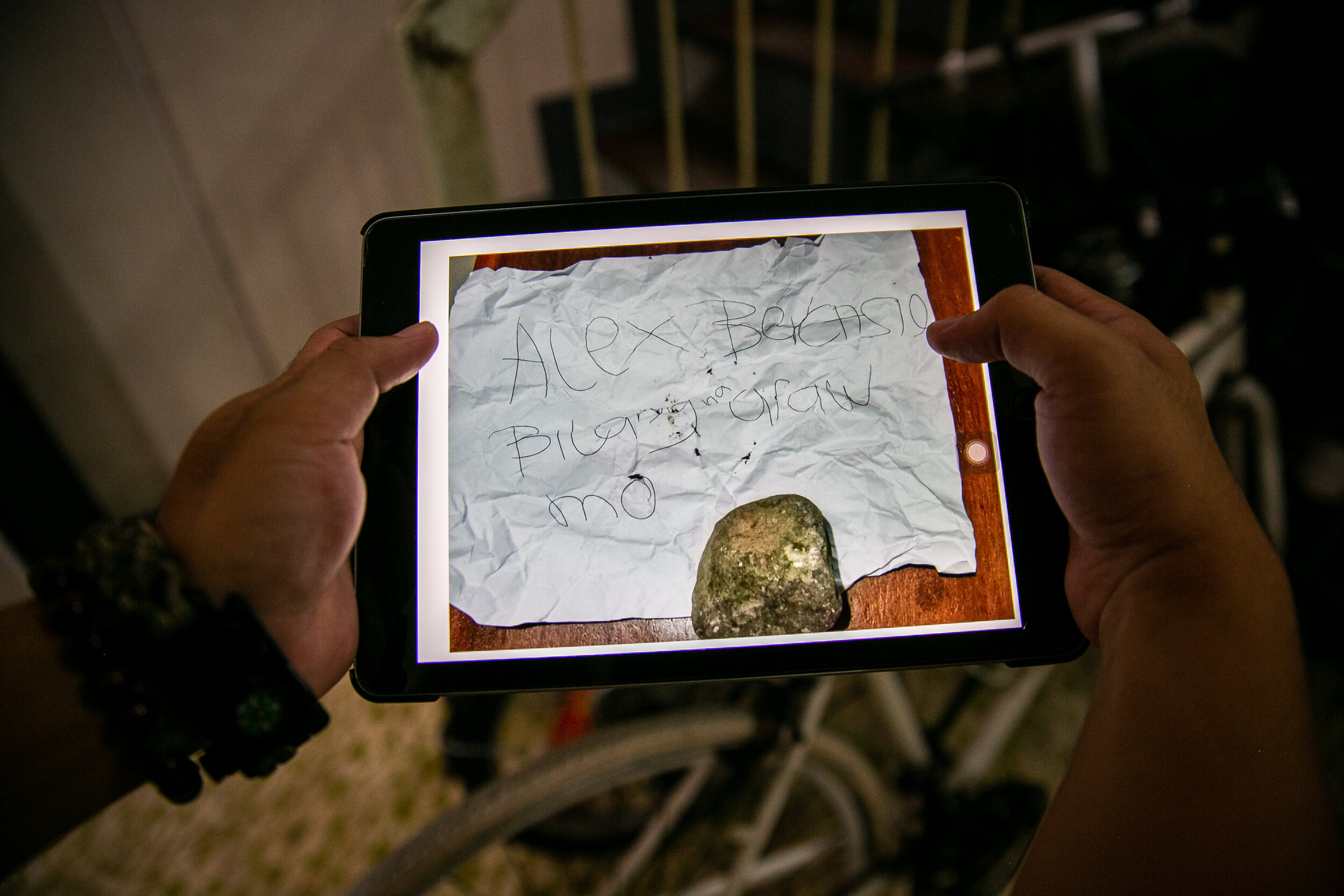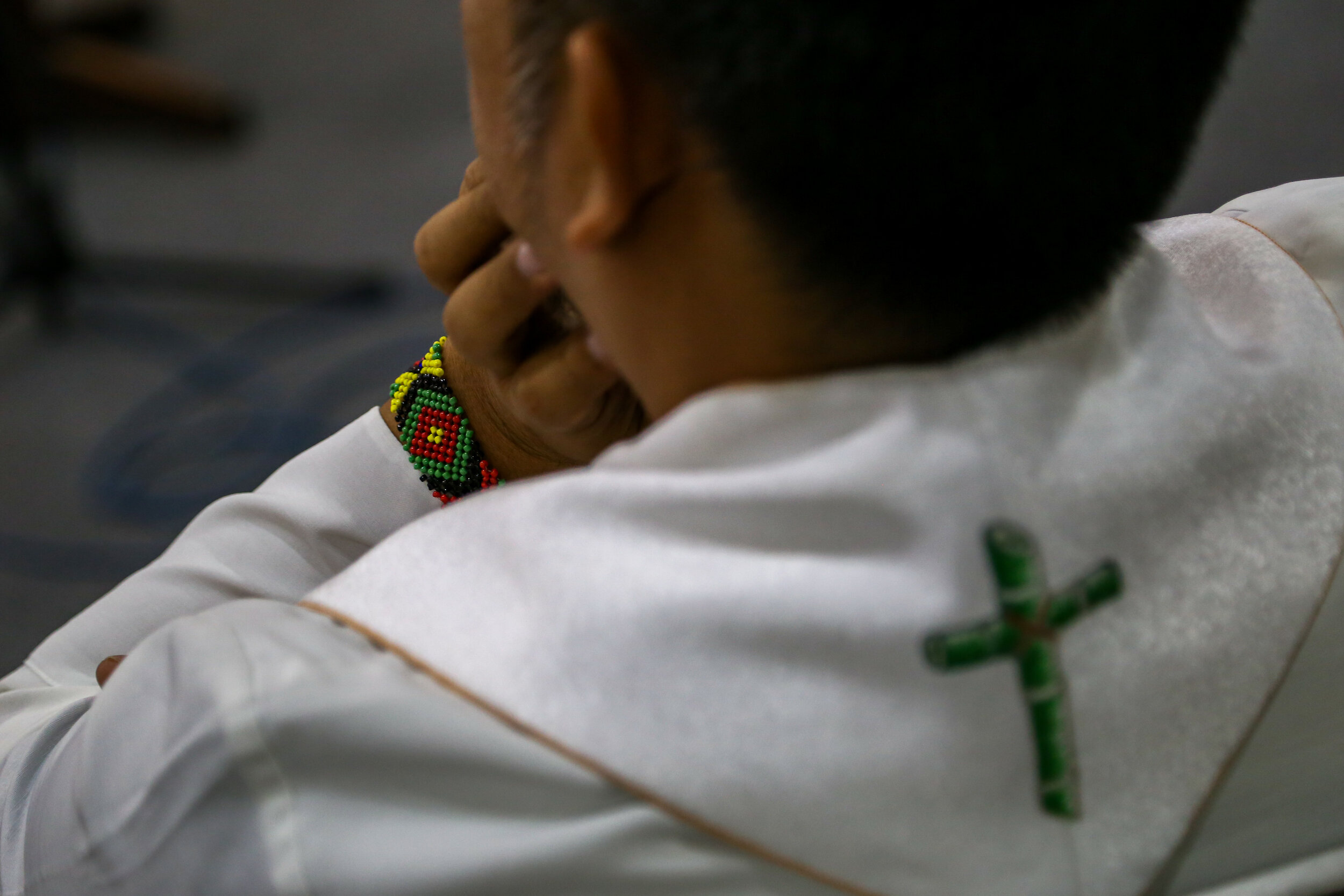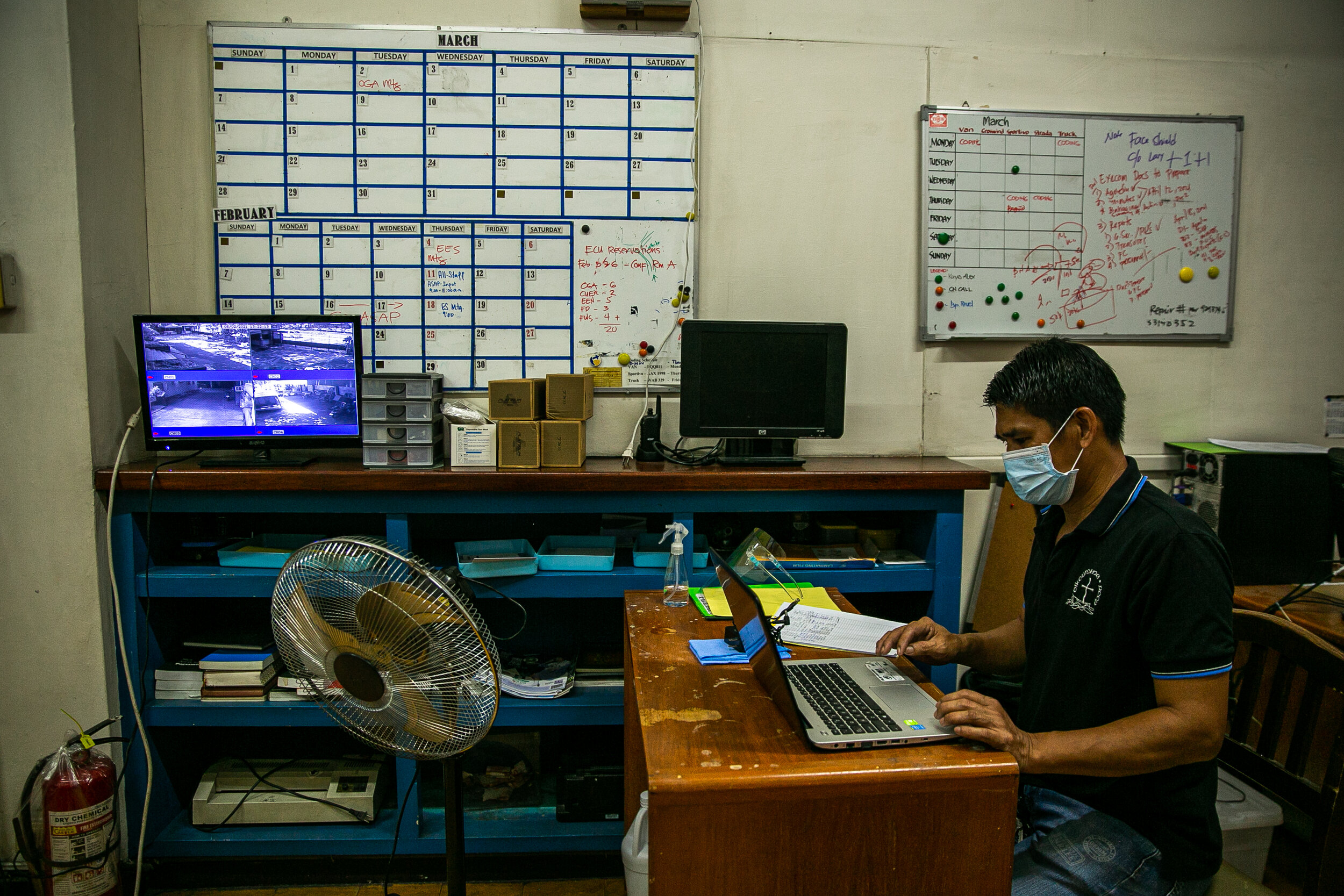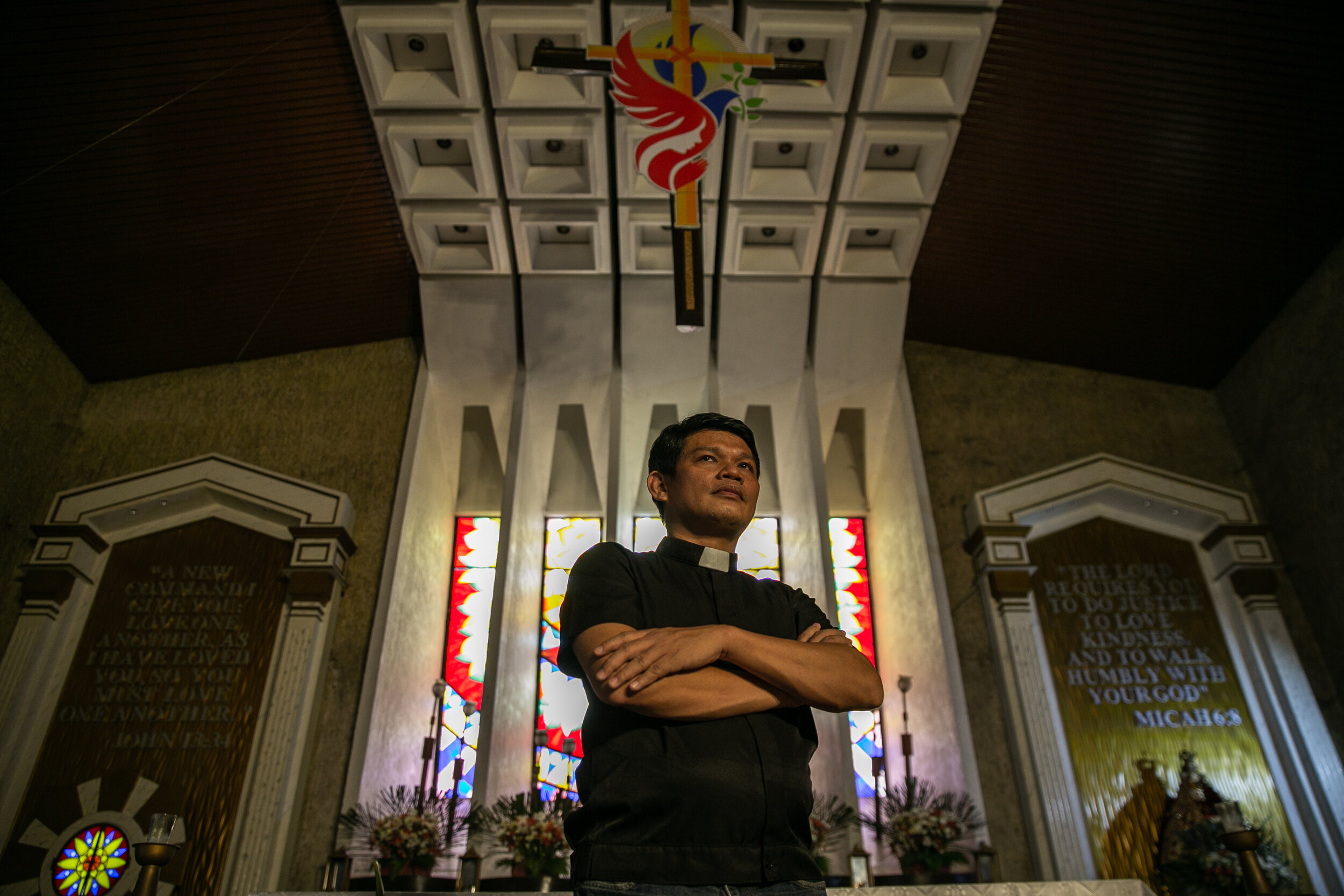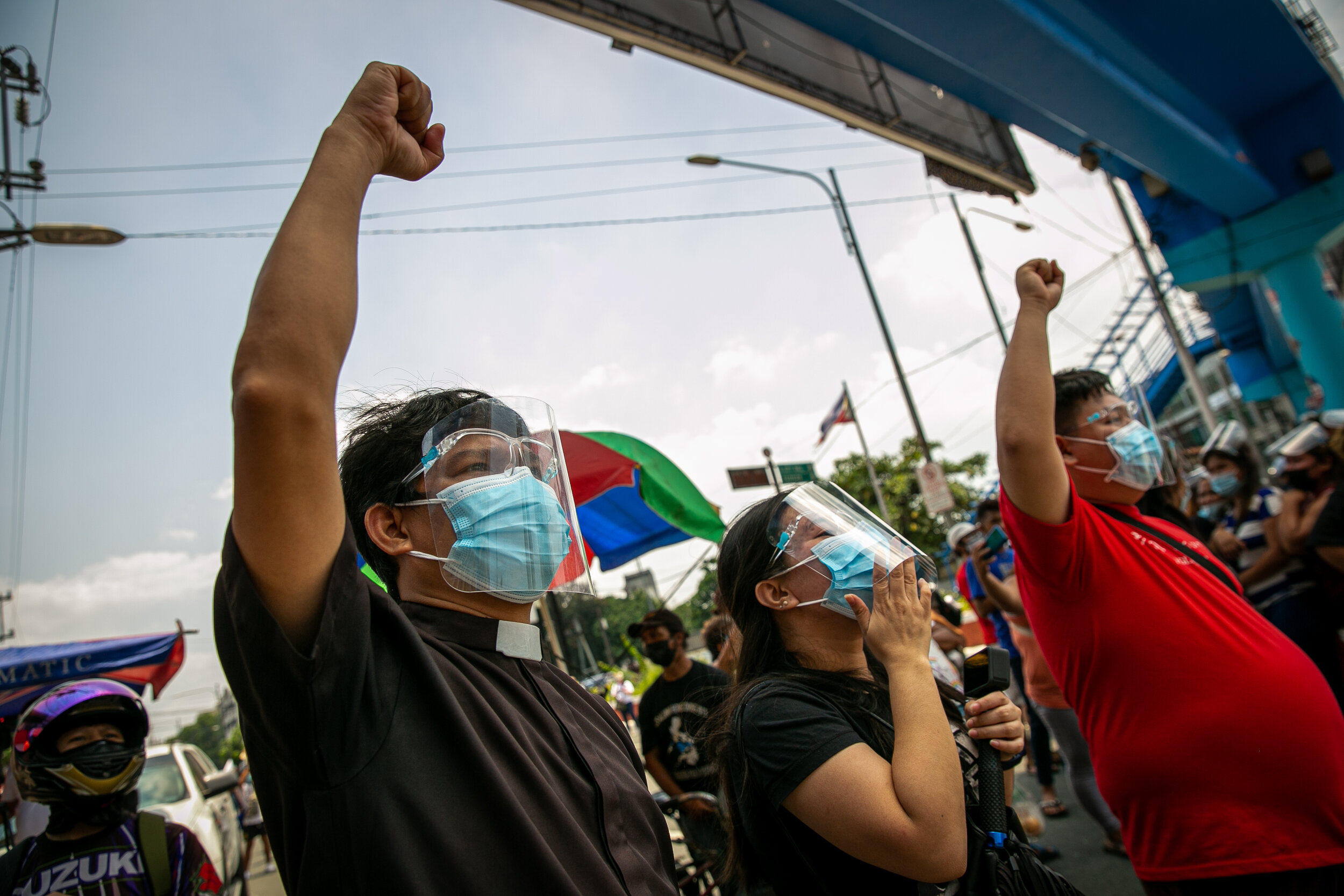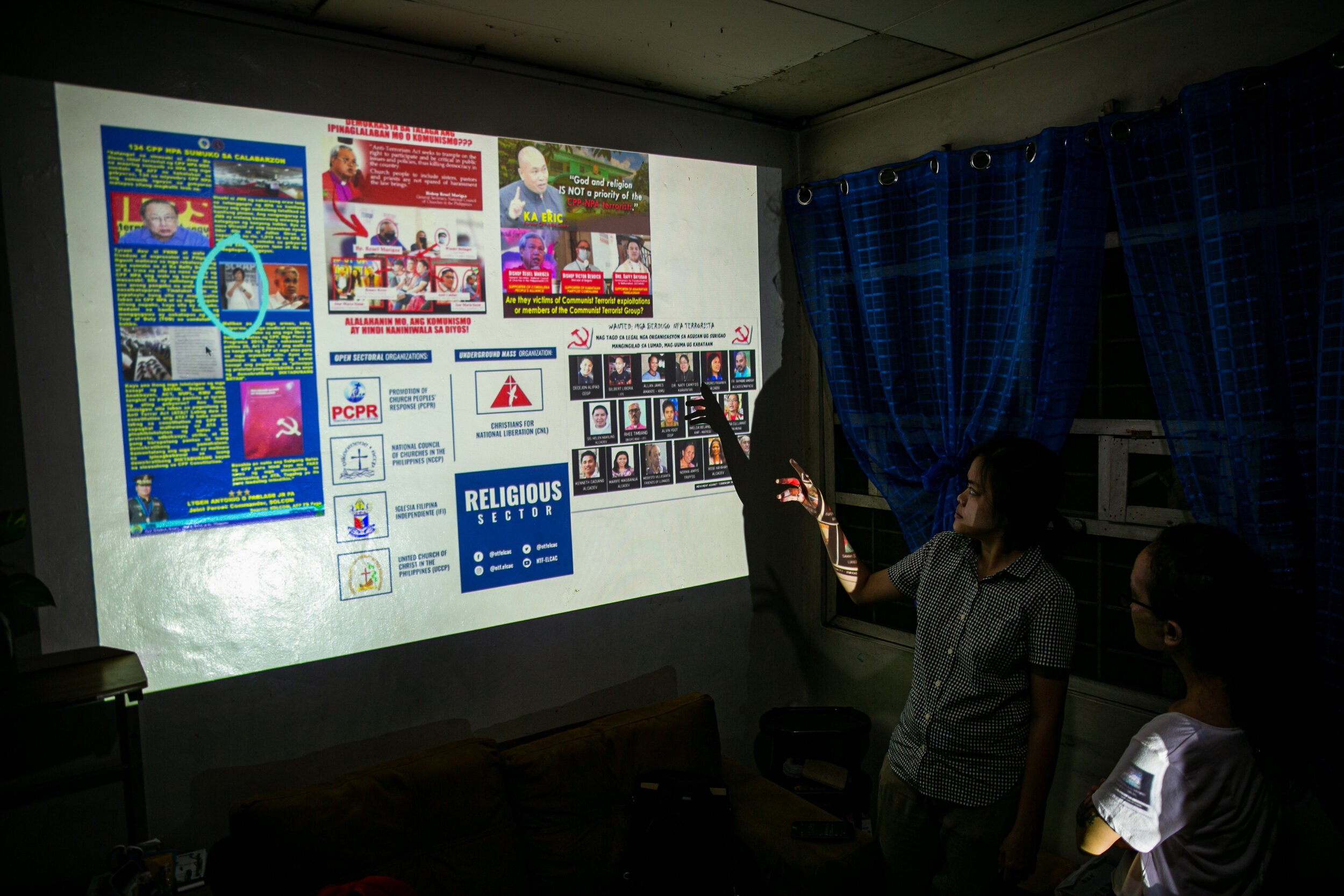Mission in peril: ‘Red-tagging’ the religious sector in the Philippines
PHOTOS AND TEXT BY
Mark Saludes
Several church workers involved in the social justice and human rights ministries in the Philippines have been subjected to vilification and “red-tagging” under the Duterte government. The World Council of Churches has called on the United Nations Human Rights Council and the Philippine government to end human rights violations against church workers.
Giving aid to the poor is authentic witnessing to the Christian faith but church workers who dare to ask why many people are mired in poverty face the danger of being called a communist.
According to the rights group Karapatan, at least seven church workers have been killed because of their involvement in human rights work, social justice, and environmental protection since President Rodrigo Duterte came to power in mid-2016.
Under the Duterte government, several church workers involved in the social justice and human rights ministries in the Philippines have been subjected to vilification and red-baiting or “red-tagging.”
Religious institutions and faith-based groups have been accused by government officials of having links to the Communist Party of the Philippines (CPP) and the New People’s Army (NPA).
Red-tagging is considered “a prelude to many other human rights violations” and puts a person or an entire community in a constant state of fear.
Catholic leaders particularly view it as an attack not only against a religious institution or a church worker but against the Philippine church’s aspiration to become a “Church of the Poor.”
In March 2021, one week after the “Bloody Sunday massacre” in which nine people were killed and six wounded in a crackdown on activists in the Calabarzon region, Redemptorist priest Fr. Alex Bercasio received a death threat.
Unidentified men threw a stone at the compound of a Redemptorist church in Laoag City.
The stone was wrapped in a note that said, “Alex Bercasio, bilang na ang araw mo.” (Alex Bercasio, your days are numbered.)
The Catholic priest is an advocate of indigenous peoples’ rights and has been leading some of the congregation’s social action programs in far-flung communities.
After the incident, Bercasio was forced to temporarily leave his post and seek sanctuary elsewhere.
For the past two years, Jenny Beth Mariano has been forced to move from one place to another, seeking temporary sanctuary in Christian communities and church institutions.
The government’s National Task Force to End Local Communist Armed Conflict (NTF-ELCAC) had accused her of being a “youth recruiter” for the NPA.
Mariano is the president of the Christian Youth Fellowship of the North Luzon-Amburayan Conference of the United Church of Christ in the Philippines (UCCP), a mainline Protestant denomination.
In January 2019, Fr. Christopher Ablon was followed by two unidentified men just outside the Iglesia Filipina Independiente (IFI) National Cathedral in Manila.
Security footage revealed that the suspicious men had been spying on the gates of the cathedral for more than three hours when Ablon and four other church workers went out.
“They followed us when we boarded a tricycle. I was sitting at the back of the driver. We stopped for a red traffic light at the corner of Taft Avenue and Padre Faura Street when one of my companions shouted, ‘He’s pulling out a gun. We will die here,’” said Ablon. The priest instructed his companion to alight the vehicle. They crossed the road and went back to the cathedral.
On Nov. 5, 2019, the Department of National Defense listed the National Council of Churches in the Philippines (NCCP), a group of 10 Christian denominations and organizations, as one of the “front organizations of local communist terrorist groups.”
The NTF-ELCAC branded the NCCP, along with two of its member churches – the IFI and the UCCP – as an “open sectoral organization” of the communist rebel group in the country, in a document posted on its social media account.
The anti-communist agency claimed that these religious institutions had direct links to Christians for National Liberation, an underground movement and a member organization of the National Democratic Front of the Philippines, the CPP’s political arm.
In 2020, the Commission of Churches on International Affairs of the World Council of Churches appealed to the UN Human Rights Council and the Philippine government to “put an end to human rights violations against church people.”
The commission urged the Philippine government to rescind its counter-insurgency program, “which has resulted in many human rights violations.” It called for respect for freedom of religion and the exercise of ministries promoting religious beliefs.
This story is one of the twelve photo essays produced under the Capturing Human Rights fellowship program, a seminar and mentoring project organized by the Philippine Center for Investigative Journalism and the Photojournalists' Center of the Philippines.


